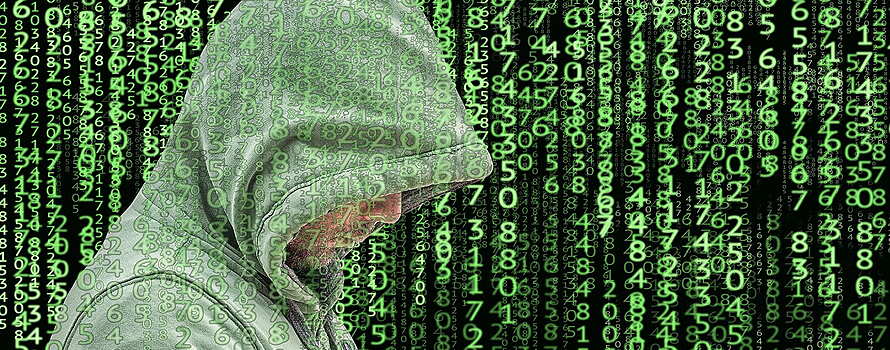
COMMENTARY / Daniel Andrés Llonch
Cyberspace has established itself as a new domain in which the security of States and their citizens is decided. On the one hand, attacks no longer have to involve the employment armaments; On the other hand, non-military actions, such as certain operations of interference in the affairs of other countries, can be especially effective given the access to millions of people that information technologies allow.
These capabilities have contributed to a climate of growing mistrust among world powers, characterized by mutual accusations, cover-ups and secrecy, since cyberspace makes it possible to conceal the origin of aggression to a large extent. That makes it difficult to mission statement of the State to protect national interests and complicates its management of individual freedoms (the tension between security and privacy).
The governments of Russia and China have frequently been singled out by the West as sponsors of cyberattacks aimed at damaging sensitive computer networks and stealing data confidential transactions of both individuals and companies, and operations aimed at influencing world opinion. In the case of China, the activities of secret units dependent on the People's Liberation Army have been targeted; in the Russian case, organizations such as Fancy Bear are mentioned, behind which many see directly the hand of the Kremlin.
The latter agents are blamed for Russian cyberattacks or interference in Europe and the United States, whose goal it is to destabilize those powers and diminish their capacity for global influence. There are several sources that suggest that these organizations have intervened in processes such as Brexit, the presidential elections in the United States or the separatist process in Catalonia. This activity of influence, radicalization and mobilization would have been carried out through the management of social networks and also possibly through the use of the Dark Web and the Deep Web.
One of the most prominent organizations in this activity is Fancy Bear, also known as APT28 and linked by various means to the Russian military intelligence agency. The group serves the interests of the Russian government, with activities that include support for certain candidates and personalities in foreign countries, as happened in the last elections to the White House. It operates many times through what is called Advanced Persistent Threat or APT, which consists of continuous hacking of a given system through computer hacking.
Although an APT is normally addressed to private organizations or States, either for commercial reasons or for political interests, it can also have the following characteristics: goal citizens who are perceived as enemies of the Kremlin. Behind these actions is not a lone hacker or a small hacker. group of people, but a whole organization, of very vast dimensions.
Fancy Bear and other similar groups have been linked to the dissemination of confidential information stolen from world banks, the World Anti-Doping Agency, NATO, and the electoral process in France and Germany. They were also credited with an action against the network in which there was theft of data and extensive spying over a long period of time.
The European Union has been one of the first international actors to announce measures in this regard, consisting of a considerable increase in the budget to strengthen cybersecurity and increase research by technicians and specialists in this field. The new figure of the Data Protection Officer (DPO) is also being created, which is the person in charge of overseeing all issues related to the protection of data and your privacy.
The sophistication of the Internet and at the same time its vulnerability have also given rise to a status of insecurity in the network. Anonymity makes it possible to perpetrate criminal activities that know no borders, neither physical nor virtual: this is cybercrime. This was confirmed on May 12, 2017 with the Wannacry virus, which affected millions of people worldwide.
Reality, then, warns us of the dimension that the problem has acquired: it speaks to us of a real risk. Society is increasingly connected to the network, which, together with the advantages of all kinds that this entails, also implies a exhibition cybercrime. Hackers can use our data personal data and the information we share for their own purposes: sometimes as a way of blackmail or as a key to access fields of the subject's privacy; other times that private content is sold. The fact is that the magnitudes to which such a problem can reach are overwhelming. If one of the world's leading security agencies, the U.S. National Security Agency, has result hacked, what should simple users expect, who in their innocence and ignorance are vulnerable and usable subjects?
Added to the problem is the progressive improvement of the techniques and methods used: identity theft and viruses are created for mobile phones, computer systems, programs, emails and downloads. In other words, there are few areas within the cyber world that are not considered susceptible to hacking or that do not have some weak point that represents an opportunity for threat and intrusion for any person or organization for illicit purposes.